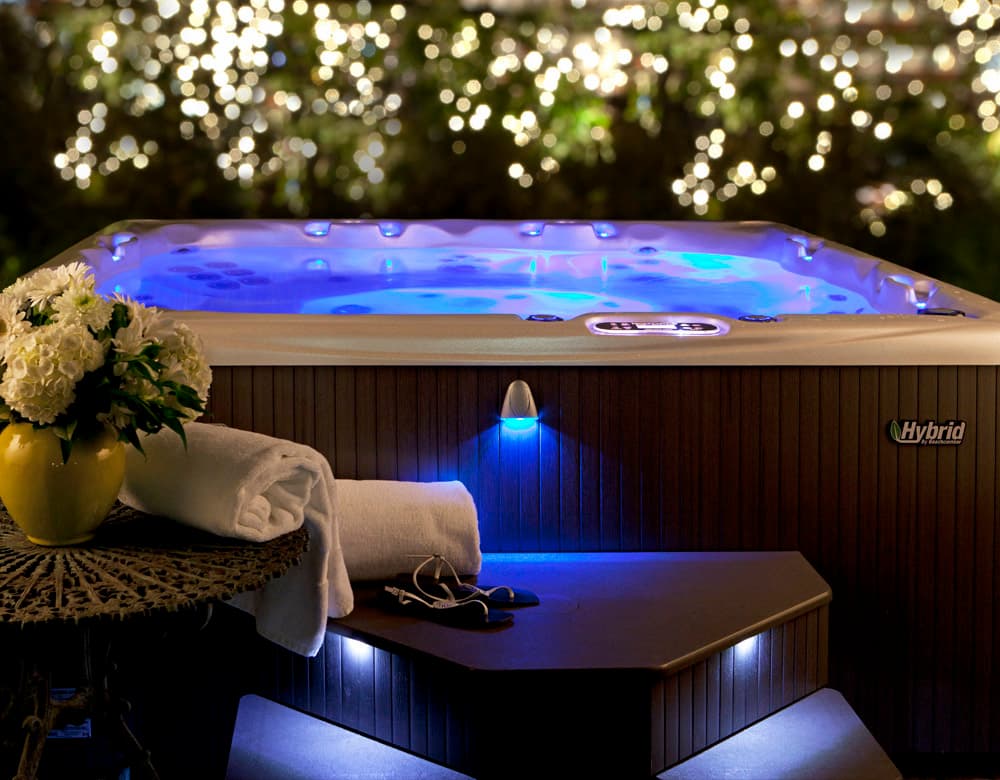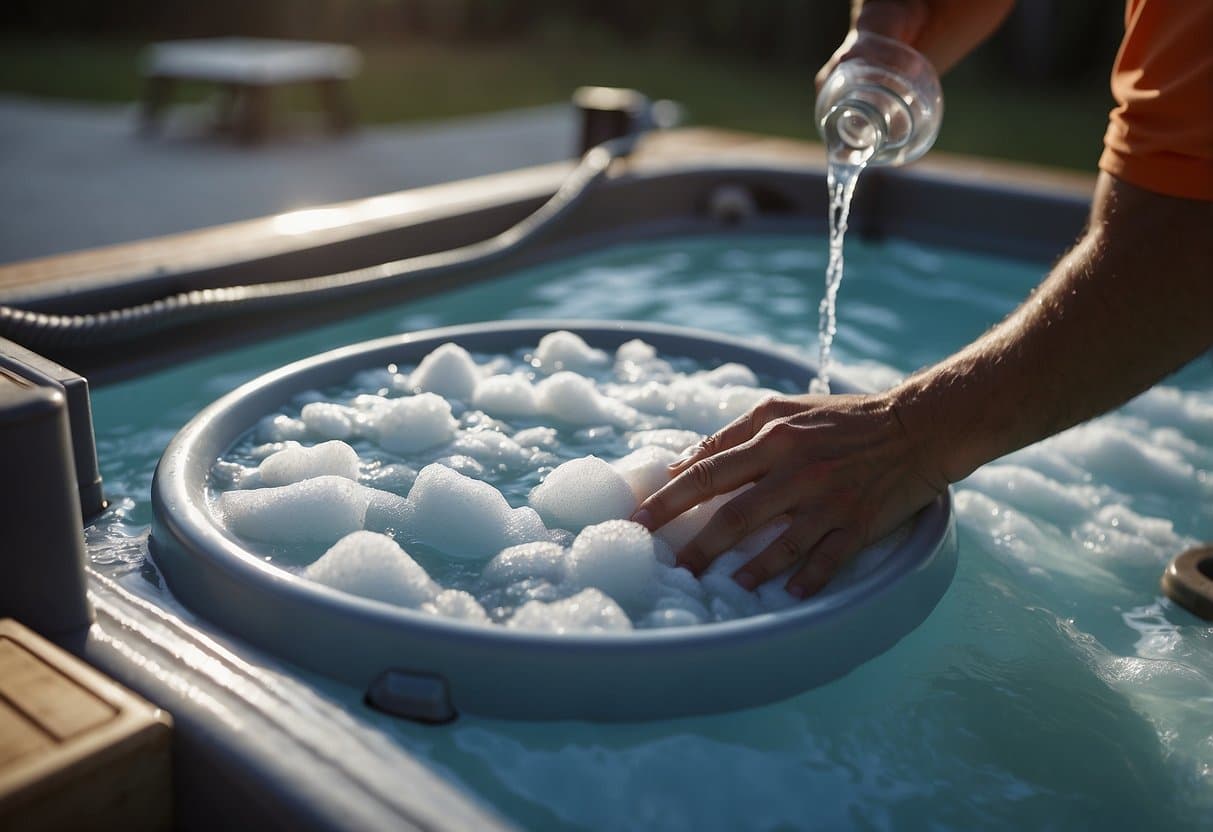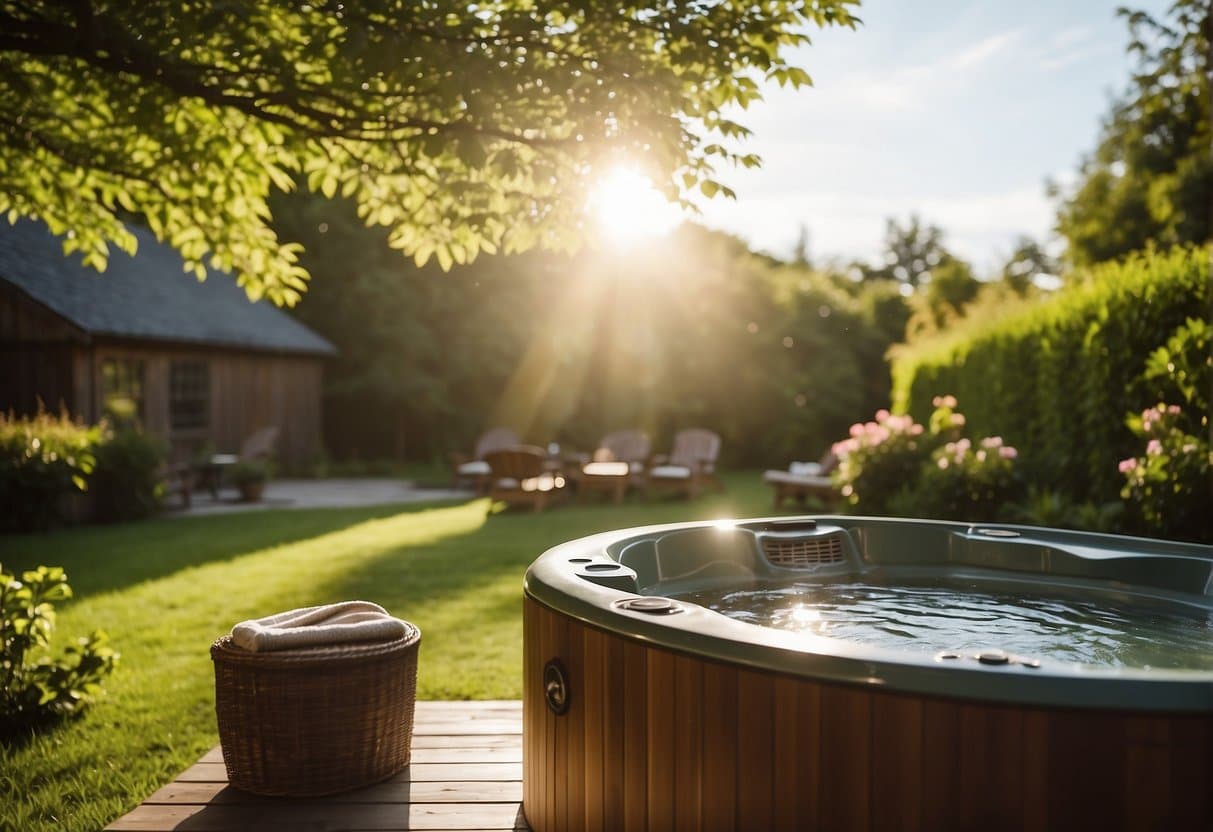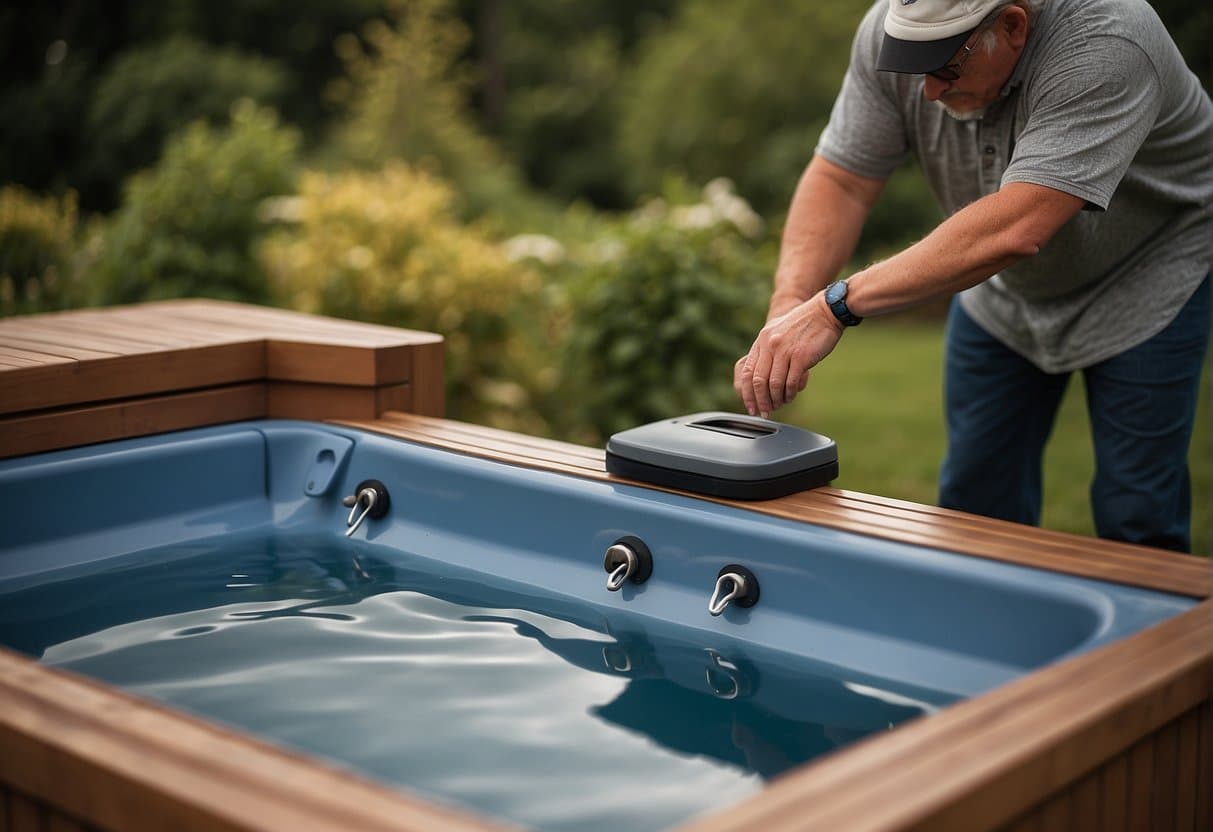Stress is one of the top causes of mental and physical illness. Whether it’s stress from work, family, friends, or finances, it can wreak havoc on your well-being. How you deal with stress can change your life forever. Some people are more self-destructive (drinking, smoking, etc.) when it comes to finding an outlet. Others find more productive and healthy methods. One way to stay healthy and improve your well-being is by using a hot tub or spa for stress relief.
“Overall, 46% of Canadians indicated that their perceived stress level was somewhat or much worse than it was prior to COVID-19. Women (49%) reported worsening stress levels in slightly greater proportions than men (44%).”
The Daily
In light of these findings, it’s not surprising that people are purchasing a spa for stress relief. Spending some time in the hot tub not only gives your body a much-needed break from stressors but also offers a range of physical and mental benefits.
Proven Methods To Reduce Anxiety & Stress:
There are lots of other ways to deal with anxiety, so before we dive into ways how a hot tub can improve your mental well-being, let’s look at some proven methods you can use to tame anxiety and stress.

Cognitive Behavioral Therapy (CBT):
CBT is a well-established therapeutic approach that focuses on an individual’s relationship between their thoughts, feelings, and behaviors. It works to change one’s negative thought patterns into more productive and positive ones.
For example, if you find yourself constantly worrying about how you’re going to pay your bills, CBT can help you identify why this is a recurring issue for you and help you develop coping strategies to deal with it. Through CBT, individuals can learn effective coping strategies, challenge irrational beliefs, and develop healthier ways of managing stress.
There are group therapy sessions and individual therapy sessions. Both can be equally as effective but it depends on your preference. Many therapists accept OHIP as payment, making this type of therapy affordable and accessible to all Canadians.
Mindfulness and Meditation:
These practices involve focusing on the present moment, allowing you to let go of worries about the past or future. Mindfulness and meditation can help you become more aware of the present moment, as well as your thoughts, feelings, and physical sensations.
This type of awareness helps you to observe your thoughts and feelings without judgment, allowing for acceptance and self-compassion. By cultivating mindfulness, you can enhance self-awareness, promote relaxation, and reduce the impact of anxiety-inducing thoughts.

Regular Exercises:
Exercise releases endorphins, which are known as “feel-good” hormones that promote a sense of well-being. Endorphins are a group of neurotransmitters produced by the central nervous system and the pituitary gland in response to various stimuli, including exercise. These chemicals act as natural painkillers and mood boosters.
When you engage in physical activity, such as aerobic exercise or resistance training, your body experiences physiological changes. The increased heart rate and stimulation of the nervous system during exercise trigger the release of endorphins. These endorphins interact with receptors in your brain, reducing the perception of pain and promoting a positive mood.
Eat a Healthy Diet:
The food we consume can have a significant impact on our mental well-being, as certain nutrients play a role in brain function and mood regulation. Eating a well-rounded, nutrient-dense diet can help improve your mental health by providing the nutrients that your brain needs to function optimally.
Certain foods that may be beneficial for mental health include fruits, vegetables, nuts, and seeds, healthy fats such as olive oil and avocado, lean proteins like fish and poultry, and whole grains.
Avoid processed food, sugar, and alcohol as these can hurt mental health.

Get Adequate Sleep:
Sleep is important for our mental and physical health. It helps restore both the body and mind, allowing us to manage stress more effectively and concentrate better. Getting adequate sleep also helps to boost our energy levels, giving us the motivation and enthusiasm we need to tackle life head-on.
Why Hot Tubs Are Perfect For Reducing Stress
While living in this fast-paced world with numerous responsibilities and constant pressure, a hot tub can serve as a great way to alleviate anxiety without taking expensive medication. Beyond its reputation as a luxurious addition to your home, a hot tub offers several benefits that can help promote relaxation and overall mental well-being.
The Power of Warm Water Therapy:
Hot tubs offer more than just a relaxing soak. The warm water itself has therapeutic properties that can help reduce anxiety and stress. When you immerse yourself in a hot tub, the heated water raises your body temperature, promoting muscle relaxation and improving blood circulation. This physical relaxation can have a direct impact on your mental state, helping to calm racing thoughts and induce a sense of tranquility.
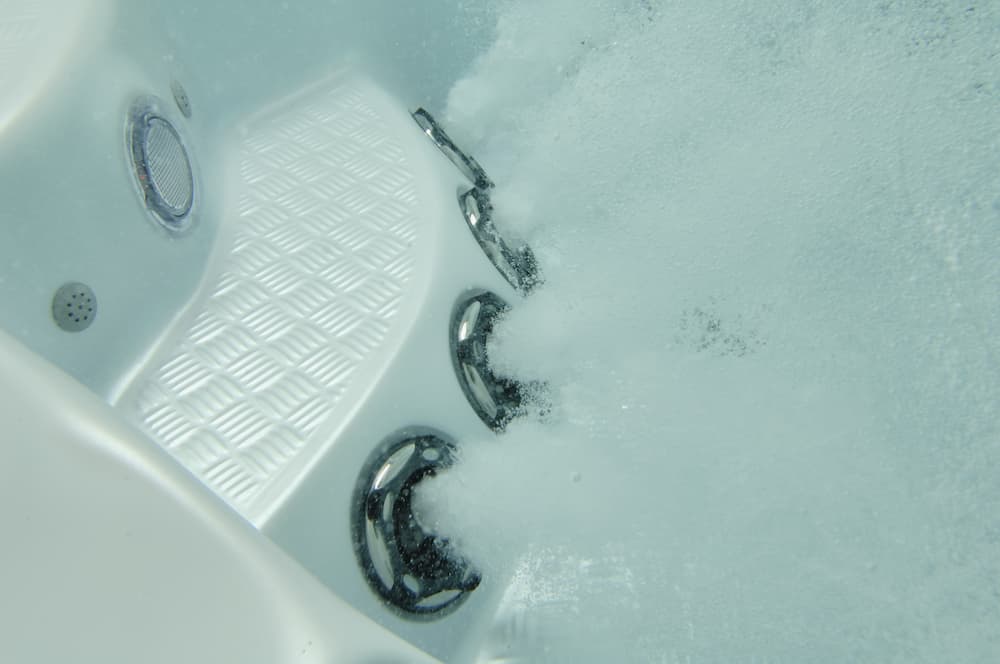
Release of Tension and Endorphins:
Soaking in a spa for stress relief can provide a much-needed break from the pressures of everyday life. The combination of warm water, buoyancy, and jet massages can help relieve muscle tightness and promote the release of endorphins, which are natural “feel-good” chemicals in the body. These endorphins act as mood enhancers and can reduce anxiety, leaving you feeling more content and at ease.
Creating a Peaceful Oasis:
Finding moments of peace and solitude can be challenging in today’s busy world. A hot tub offers a dedicated space where you can escape from the noise and demands of daily life. By setting aside time for yourself in the hot tub, you can create a peaceful oasis where you can unwind, reflect, and let go of stress. This dedicated relaxation time can be precious for managing anxiety and balancing your hectic schedule.
Enhancing Sleep Quality:
Anxiety and stress often disrupt our sleep patterns, leading to insomnia and restless nights. Thankfully, using a hot tub before bedtime can promote better sleep quality. The relaxation induced by the warm water and the subsequent drop in body temperature after exiting the tub can help signal your body that it’s time to sleep. Improved sleep not only reduces anxiety levels but also enhances overall well-being and cognitive function.
The Takeaway:
While a hot tub is a source of luxury and enjoyment, it offers far more than mere indulgence. The therapeutic benefits of warm water therapy, tension release, creating a peaceful oasis, and enhancing sleep quality can significantly contribute to reducing anxiety and alleviating stress.
Incorporating other methods of relaxation into your routine, such as meditation and deep breathing exercises, can further multiply the calming effects of hot tub therapy.
So, the next time you step into a spa for stress relief, rest assured that you are engaging in a form of self-care that will leave you feeling more content and at ease.

